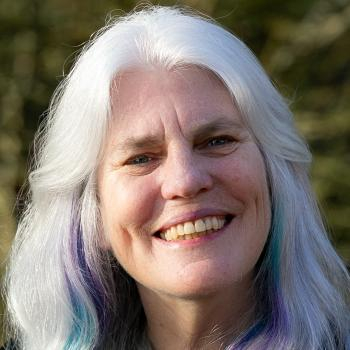Strauber, C. B., Ali, L. R., Fujioka, T., Thille, C., & McCandliss, B. D. (2021). Replicability of neural responses to speech accent is driven by study design and analytical parameters. Scientific Reports, 11(1), 4777.
Bassen, J., Balaji, B., Schaarschmidt, M., Thille, C., Painter, J., Zimmaro, D., … Mitchell, J. C. (2020). Reinforcement Learning for the Adaptive Scheduling of Educational Activities. PROCEEDINGS OF THE 2020 CHI CONFERENCE ON HUMAN FACTORS IN COMPUTING SYSTEMS (CHI'20). ASSOC COMPUTING MACHINERY.
Johanes, P., & Thille, C. (2019). The heart of educational data infrastructures-Conscious humanity and scientific responsibility, not infinite data and limitless experimentation. BRITISH JOURNAL OF EDUCATIONAL TECHNOLOGY.

